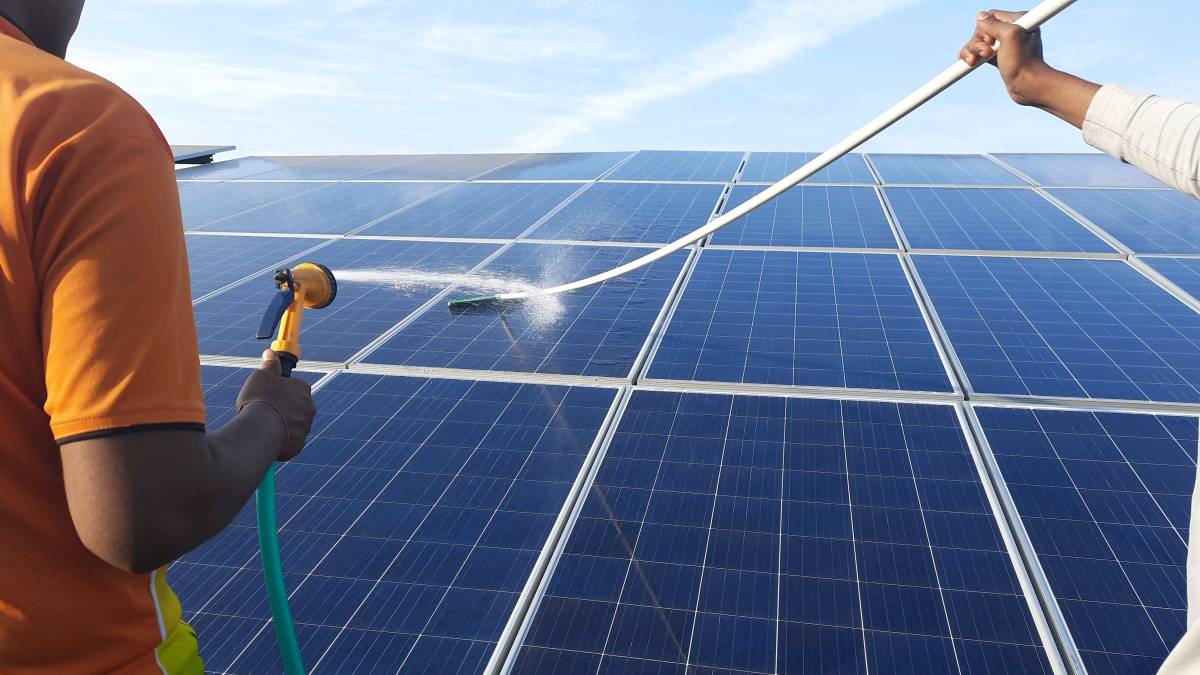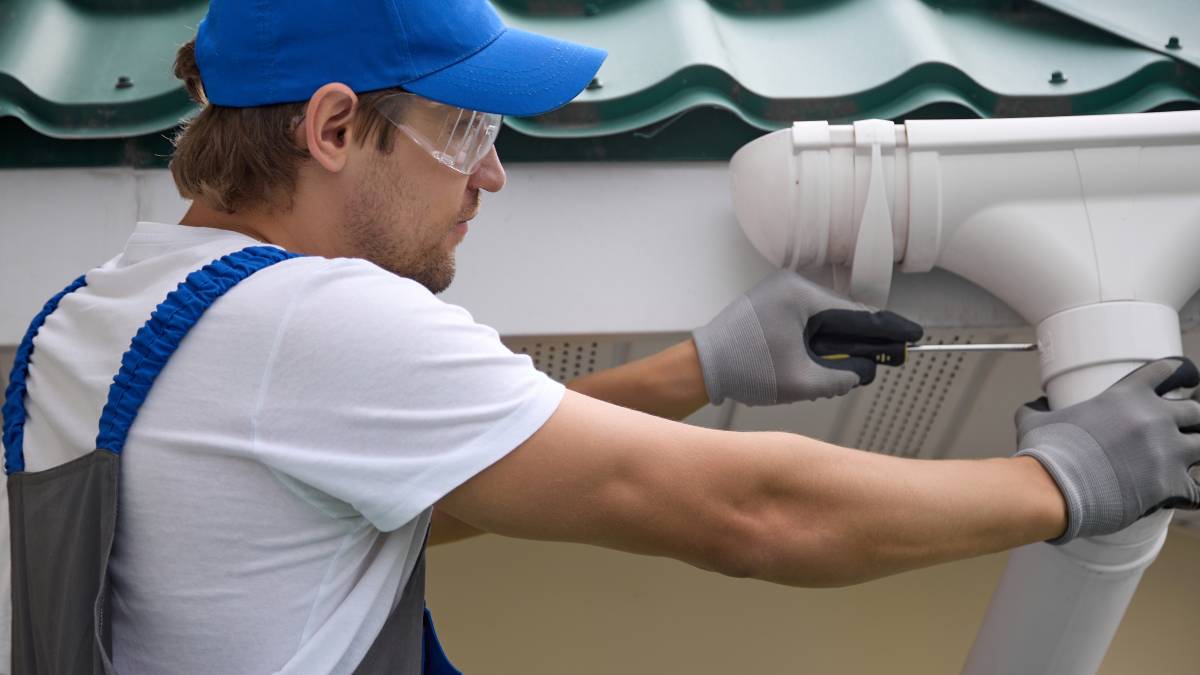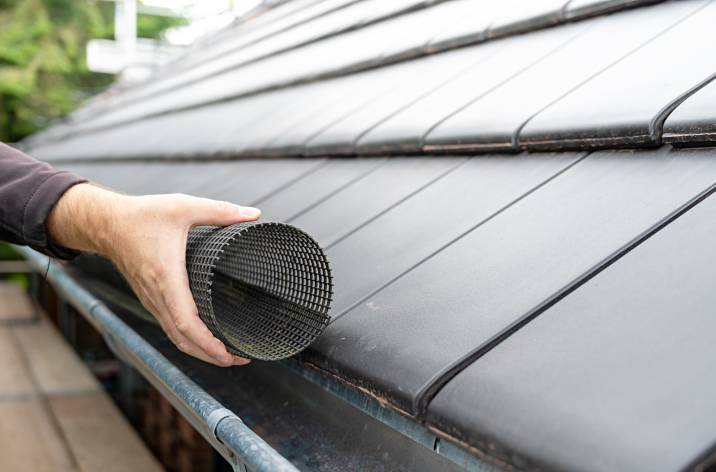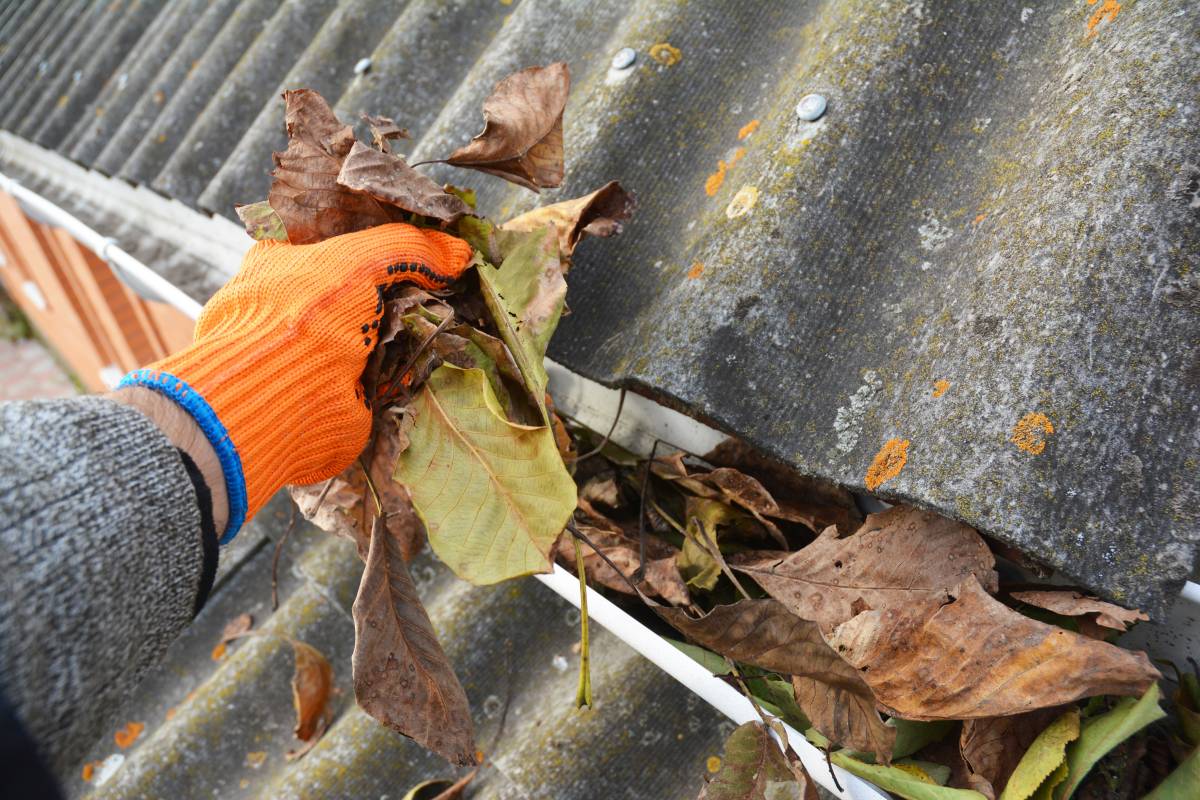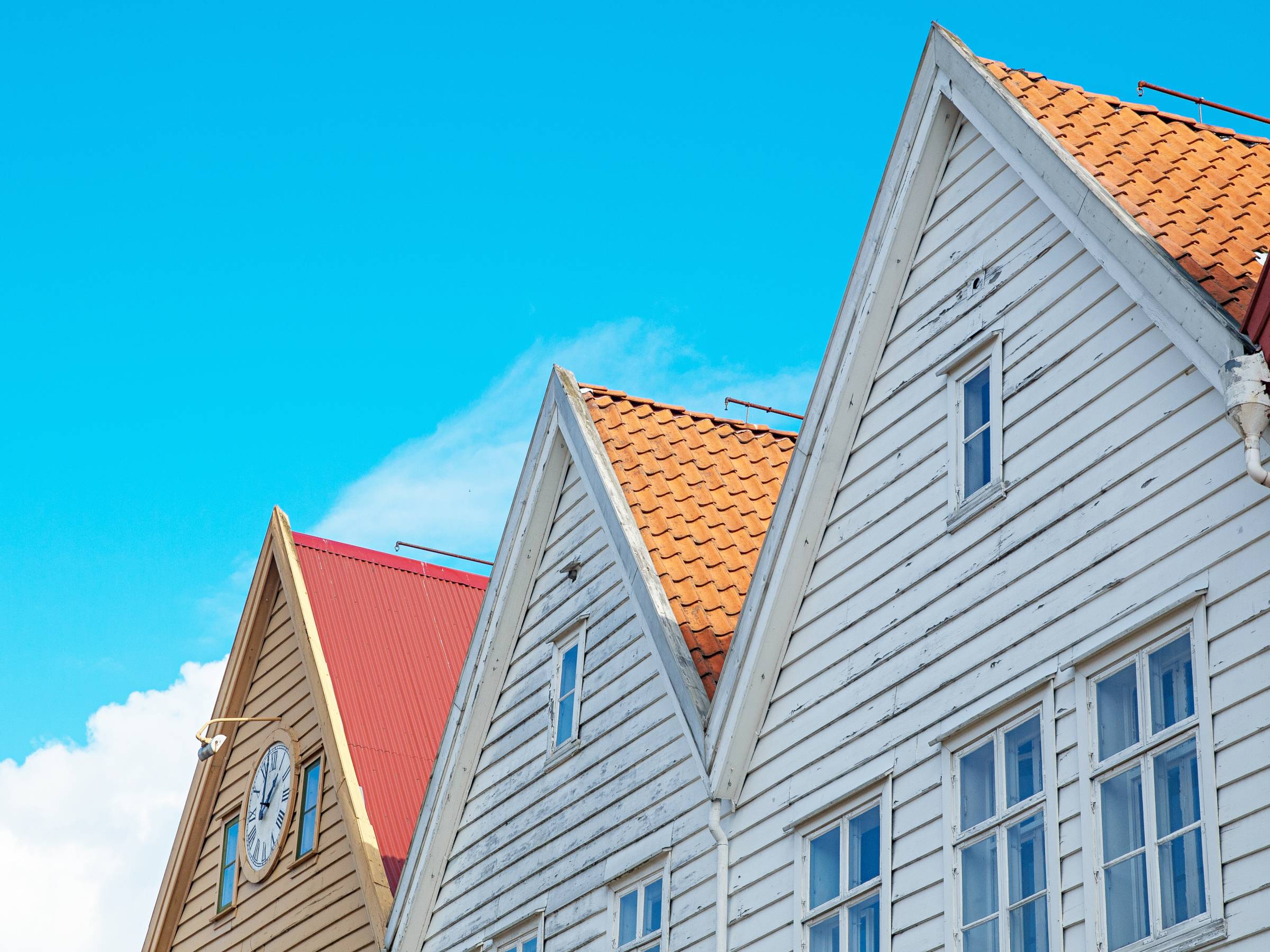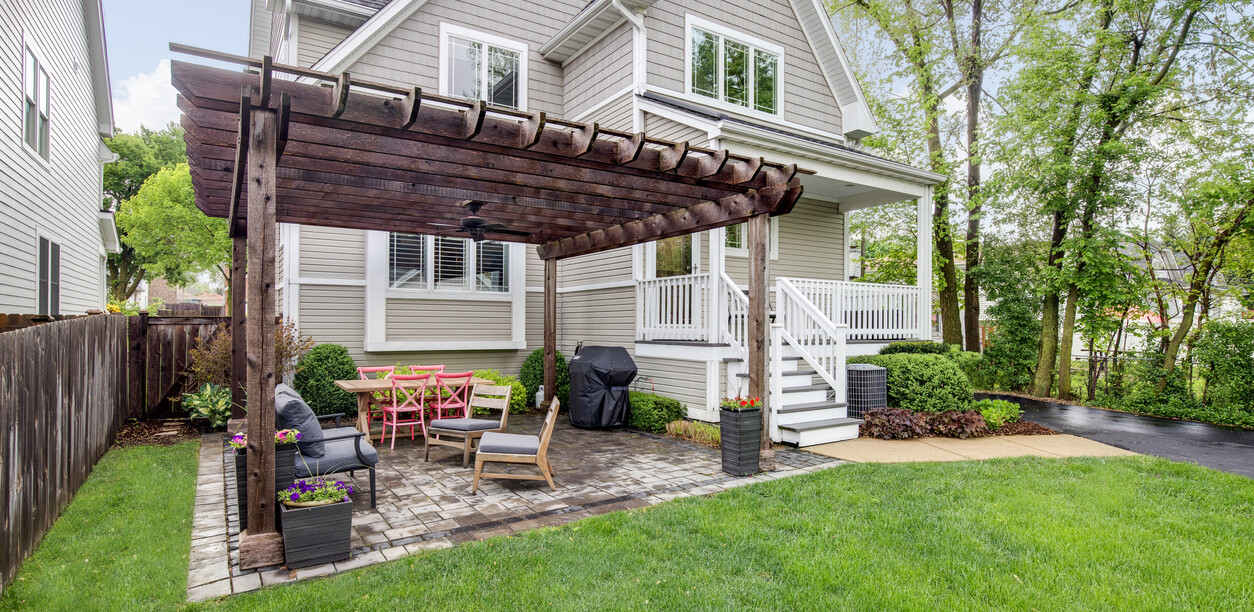- Home/
- Costs/
- Roof Installation/
- New Roofing Cost Guide
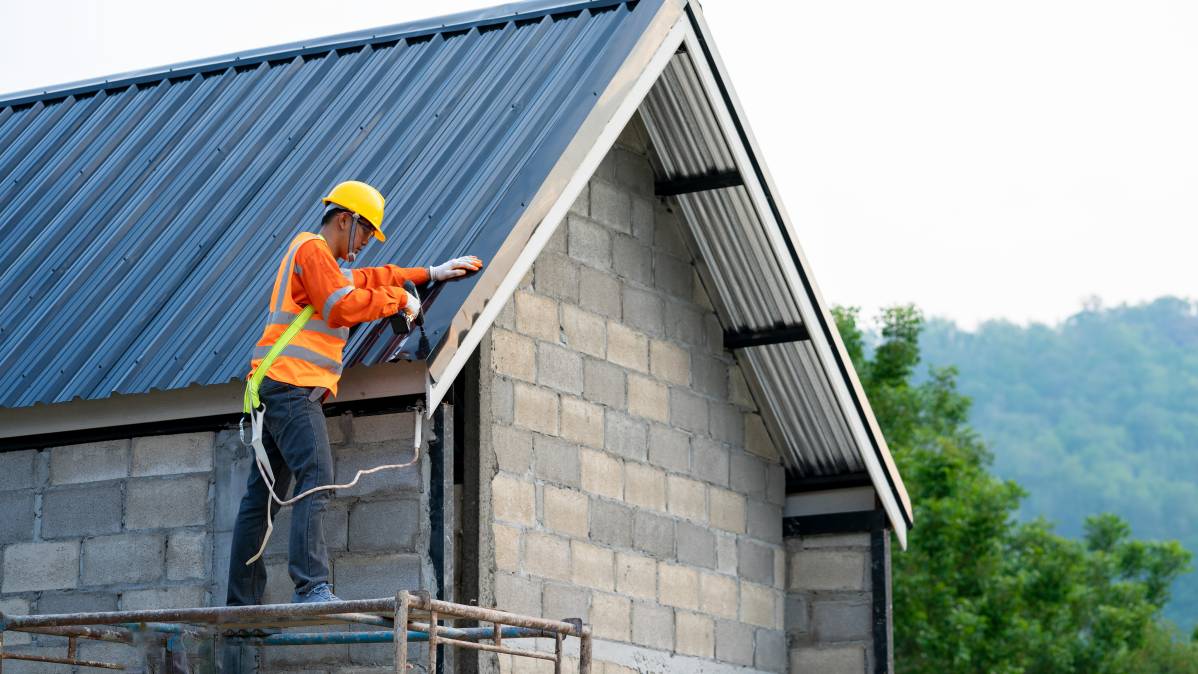
How much does new roofing cost in the US?
Hire a roofing specialistPost to find a price. It's free and only takes a minute.
Average cost of a new roof per square foot
$5 - $200
low
$5
median
$30
high
$200
Last Updated on

Written by Angela A.
Staff Writer
Read more about our contributor
Key Facts
The average cost of a new roof in the US is $5 to $200 per square foot.
Schedule roofing projects during off-peak seasons like spring or winter to reduce labor costs.
Some states require specific building permits and materials, especially in areas prone to extreme weather like hurricanes or snowstorms.
You’ve noticed your roof is starting to show its age, and now it’s time to replace it—but how much does a new roof cost? At a glance, you will most likely spend around $5 to $200 per square foot in the US. But that’s not the entire picture.
In this guide, we’ll explore the factors determining roofing costs, from material options to labor fees. We know that this decision is crucial, as it affects not only your budget but also the long-term value and protection of your home. So, we’ll cover everything you need to make the right choice.
New roofing cost breakdown by roofing type
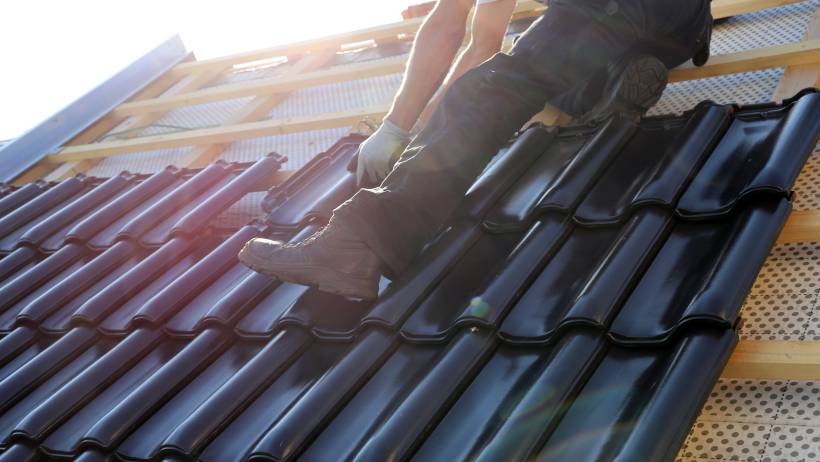 A roofer installing a new roof on a residential property (Source: iStock)
A roofer installing a new roof on a residential property (Source: iStock)
Factors such as roofing material and design play a role in determining how much does a new roof cost on average, with choices like metal roofing or shingles and flat or pitched roofing.
Let’s explore the different types of roofing systems available in the US, including their characteristics, durability, maintenance needs, aesthetic appeal, and cost per square foot.
Note: In our price tables, we used 1,500 square feet as the standard roof size to show how much you’d likely spend on an average-sized roof in the US.
Asphalt shingles
Asphalt shingles are one of the most common roofing materials in the US, known for their affordability, ease of installation, and variety of styles. An asphalt shingle costs anywhere from $5 to $13 per square foot or $7,500 to $19,500 for a standard 1,500-square-foot roof.
While they might not last as long as metal or slate options, asphalt shingles provide decent protection against the elements. They also come in various types: three-tab shingles, architectural shingles, impact-resistant shingles, and designer shingles.
Metal roofing
| Type of metal roofing |
Average cost per square foot |
Average cost for a 1,500-square-foot roof |
|---|---|---|
Aluminum |
$7 to $21 |
$10,500 to $31,500 |
Copper |
$19 to $40 |
$28,500 to $60,000 |
Lead |
$15 to $25 |
$22,500 to $37,500 |
Rusted |
$10 to $20 |
$15,000 to $30,000 |
Steel |
$5 to $20 |
$7,500 to $30,000 |
Tin |
$7 to $26 |
$10,500 to $39,000 |
Zinc |
$10 to $25 |
$15,000 to $37,500 |
If you’re after a roofing option that’s both sleek and durable, metal roofing might just be the perfect fit. Materials like steel, aluminum, copper, and zinc can handle whatever the weather throws at them. A new metal roof costs anywhere from $5 to $40 per square foot or $7,500 to $60,000 for a standard 1,500-square-foot roof.
Metal roofs are also lightweight, fire-resistant, and require minimal maintenance. Plus, with various styles and colors available, you don’t have to sacrifice aesthetics for strength.
Wood roofing
Wood roofs are commonly crafted from cedar, redwood, or pine. There are two main variations: shingles, which are uniform, saw-cut wood tiles, and shakes, which are hand-split. A new cedar roof costs between $7 and $20 per square foot or $10,500 to $30,000 for a standard 1,500-square-foot roof.
While wood roofs are generally more expensive than asphalt shingles, they deliver a unique look and long-lasting durability.
Clay and concrete tiles
| Type of tile |
Average cost per square foot |
Average cost for a 1,500-square-foot roof |
|---|---|---|
Clay tiles |
$8 to $17 |
$12,000 to $25,500 |
Concrete tiles |
$10 to $20 |
$15,000 to $30,000 |
Clay tiles, made from natural clay, are especially popular in hot climates due to their ability to withstand high temperatures and resist fire. They come in various styles, such as Spanish, French, and Scania. A new tiled roof costs anywhere from $8 to $20 per square foot or $12,000 to $30,000 for a standard 1,500-square-foot roof.
They’re also known for their lower water absorption rates, which reduce the risk of mold growth. However, they do require sturdy structural support due to their weight.
On the other hand, concrete tiles are a sand-based material that’s used as a budget-friendly alternative to natural clay tiles. While they’re more porous, concrete tiles also offer excellent resistance to weather conditions. They’re generally easier to install and maintain, too.
Slate roofing
| Type of slate roofing |
Average cost per square foot |
Average cost for a 1,500-square-foot roof |
|---|---|---|
Natural slate |
$13 to $35 |
$19,500 to 52,500 |
Synthetic slate |
$7 to 15 |
$10,500 to 22,500 |
Slate options offer elegance and exceptional durability. Natural slates are made from rocks formed by volcanic ash and clay. This gives them a look that’s hard to replicate. A new slate roof costs anywhere from $7 to $35 per square foot or $10,500 to $52,500 for a standard 1,500-square-foot roof.
However, there are now synthetic slates that mimic natural varieties. They are lighter and also more affordable.
Pro tip: Hire a skilled slate roofer to ensure that your slate roof is both beautiful and installed properly.
Flat roofing
| Type of flat roofing |
Average cost per square foot |
Average cost for a 1,500-square-foot roof |
|---|---|---|
Metal roof |
$9 to $30 |
$13,500 to $45,000 |
Rubber membrane (EPDM) |
$6 to $13 |
$9,000 to $19,500 |
Thermoplastic Polyolefin (TPO) |
$6 to $14 |
$9,000 to $21,000 |
Built-up roofing (BUR) |
$5 to $10 |
$7,500 to $15,000 |
Glass-reinforced polyester (GRP) |
$5 to $6 |
$7,500 to $9,000 |
Modified bitumen |
$5 to $8 |
$7,500 to $12,000 |
Polyvinyl chloride (PVC) |
$5 to $10 |
$7,500 to $15,000 |
Concrete |
$5 to $8 |
$7,500 to $12,000 |
Polyurethane |
$5 to $7 |
$7,500 to $10,500 |
Flat roofing is commonly used for extensions, garages, verandah roofing, and conservatory roof replacements. Materials typically used include metal, bitumen, fiberglass (glass-reinforced polyester or GRP), and rubber membranes (EPDM). A new flat roof costs anywhere from $5 to $30 per square foot or $7,500 to $45,500 for a standard 1,500-square-foot roof.
Bitumen is cost-effective but may degrade over time. Fibreglass or GRP offers a seamless, waterproof finish that’s long-lasting and low-maintenance. Meanwhile, rubber membranes are durable and easy to install.
Eco-friendly and solar roofing
| Type of eco-friendly roofing |
Average cost per square foot |
Average cost for a 1,500-square-foot roof |
|---|---|---|
Solar Shingles |
$19 to $35 |
$28,500 to $52,500 |
Green Roofing |
$10 to $200 |
$15,000 to $300,000 |
A new eco-friendly roof costs anywhere from $10 to $200 per square foot or $15,000 to $300,000 for a standard 1,500-square-foot roof. As sustainability becomes increasingly important, eco-friendly and solar roofing options are gaining popularity in the US. Solar shingles combine photovoltaic technology with traditional roofing materials. They typically require a higher initial investment, but they offer long-term energy savings afterward.
Another option is green roofing, which involves adding layers of soil and vegetation to your roof. This provides insulation, reduces energy costs, and promotes environmental sustainability.
What are the factors affecting roofing costs?
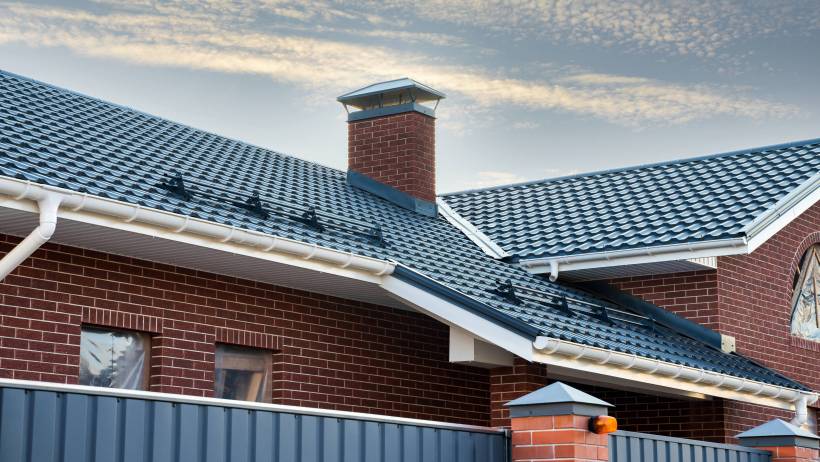 A view of a newly installed roof with a brick chimney (Source: iStock)
A view of a newly installed roof with a brick chimney (Source: iStock)
The cost to install a new roof isn’t just about the tiles or metal sheets you choose. Several other factors can influence the final price tag. From where you live to the size and complexity of your roof, here are what to consider before starting your roofing project.
Geographic location
| Location |
Price per hour of labor |
|---|---|
California |
$21 to $42 |
Massachusetts |
$19 to $41 |
New York |
$18 to $41 |
Tennessee |
$17 to $36 |
Missouri |
$8 to $39 |
Georgia |
$13 to $33 |
Colorado |
$18 to $39 |
Texas |
$17 to $46 |
Florida |
$14 to $40 |
Chicago |
$18 to $46 |
Where you live can significantly impact new roof costs. In states like California, Massachusetts, and New York, roofing projects are among the most expensive due to higher living costs and strict building codes. Durable roofing materials are also needed to withstand extreme weather, such as seismic activity in California and heavy snowfall in Massachusetts.
Coastal regions like Texas and Florida face additional challenges with saltwater exposure, high winds, and humidity. Meanwhile, high-altitude areas such as Colorado and upstate New York require stronger roofing systems to handle snow accumulation and high winds.
Southern states like Georgia and Texas also deal with intense heat and sun exposure, increasing the demand for UV-resistant roofing materials. In contrast, states like Tennessee, Missouri, and Georgia often have more moderate pricing due to lower living costs and less stringent weather-related building regulations.
Urban centers like New York City, Chicago, and Los Angeles generally have higher labor costs because of increased competition and the demand for skilled workers. While labor costs might be lower in rural areas, material prices can rise due to transportation and accessibility issues.
Roof size and area
The size of your roof plays a huge role in determining the overall cost. A larger roof means you’ll need more materials and more labor, which naturally increases expenses. The roofing costs per square foot can vary based on the material you choose, so knowing your roof’s dimensions is needed to budget accurately.
But don’t forget that some fixed costs, like scaffolding and permits, remain the same regardless of size. So even if your roof is small, these expenses may seem costly when factored in overall.
To get a clear estimate, measure your roof’s total area and consider the type of roofing material you plan to use. This way, you can calculate the approximate cost per square foot and avoid surprises.
Roof slope and complexity
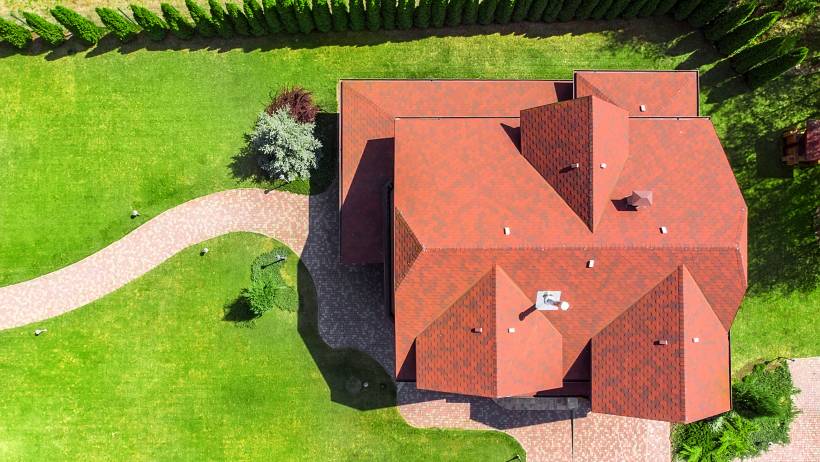 An aerial shot of a brick house with new roofing and well-maintained lawn. (Source: iStock)
An aerial shot of a brick house with new roofing and well-maintained lawn. (Source: iStock)
The steepness and design of your roof can significantly affect new roof costs per square foot. Steeper roofs are harder to work on and require extra safety measures and more labor time. Flat or gently sloped roofs are generally cheaper to install but might need special waterproofing materials that add to the expense.
Complex roof designs also drive up costs. Roofs with intricate layouts—like mansards, hips, and combinations of gables—need more materials and labor. Each additional feature, such as dormers, chimneys, or valleys, requires precise cuts and flashing to prevent leaks, which takes more time and skill.
For example, replacing a simple gable roof is less expensive than tackling a complex hip roof with multiple angles and features. So, if your roof has a steep pitch or complicated design elements, be prepared for higher expenses.
Additional costs
Additional cost factors |
Average costs |
|---|---|
Labor |
$42 to 65 per hour, or $3 to $10 per sq. ft |
Roof removal |
$2 to $7 per sq. ft, or up to $650 in total |
Required repairs |
$80 to $6,000 |
Cleanup |
$55 to $600 |
When calculating the new roof’s price, it’s important to consider extra expenses that can add up quickly. Labor costs typically range from $42 to $65 per hour or $3 to $10 per square foot, depending on the complexity of the roof and regional labor rates.
Removing an old roof can cost between $2 and $7 per square foot, with additional hauling fees of up to $650 if handled separately. Materials typically account for 40% to 50% of the total cost and include shingles, underlayment, flashing, roof ridges, and vents.
If you’re considering a total overhaul, installing gutter guards, or need gutter repairs, expect costs like:
Underlayment replacement: $3 to $5 per square foot
Water damage restoration: $450 to $2,000
Roof truss repair/replacement: $550 to $6,000
Roof insulation replacement: $1,500 to $3,000
Vent repair: $80 to $300
Fascia repair/replacement: $500 to $4,500
Ridge cap repair/replacement: $250 to $800
Cleanup costs: $55 to $600
Urgency and seasonal demand
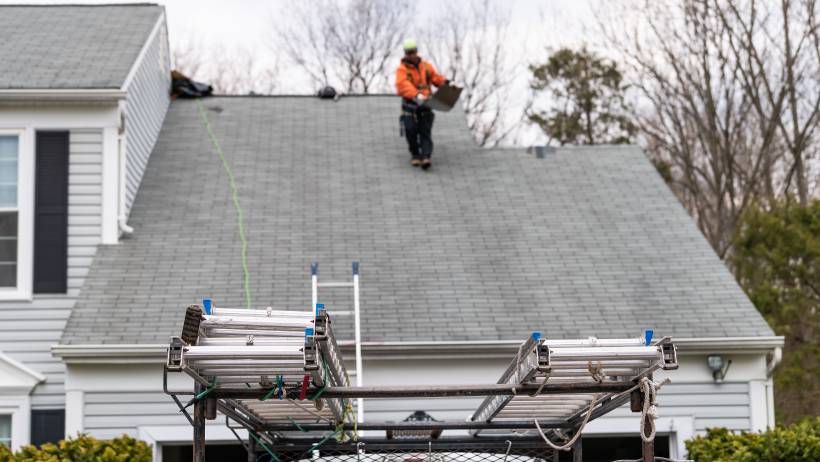 Worker repairing roof tiles on a home during winter (Source: iStock)
Worker repairing roof tiles on a home during winter (Source: iStock)
Timing plays a major role in roofing costs. Spring is a preferred time for roof replacements due to its mild weather and off-peak demand. This can lead to better pricing and faster project completion, but take note that rain may cause delays.
Summer, particularly early summer, offers ideal conditions with longer days. However, mid-to-late summer heat can affect material installation and worker comfort, leading to higher prices.
Fall is often considered the best time for roof replacements due to cooler, stable weather. However, high demand also raises prices and limits contractor availability.
Winter may offer lower prices due to lower demand, but cold weather can hinder the installation process, particularly for roofing materials like asphalt shingles. Shorter daylight hours may also extend project timelines.
Regardless, if your roof has significant damage, such as leaks or structural issues, it’s important to address the problem immediately. Waiting could lead to further interior damage and higher repair costs.
Long-term cost considerations
Long-term cost considerations |
Average costs |
|---|---|
$1,000 to $5,000 |
|
$100 to $300 |
|
$600 to $2,200 |
|
£$374 to $606 |
Investing in a high-quality roof isn’t just about immediate protection. It’s a smart move that can save you money over time. Quality materials like metal, clay, or long-span roofing are more durable and resistant to weather damage, meaning you’ll spend less on roof repairs down the line. With proper care, modern roofs can even last 50 years or more.
A solid roof also prevents major issues like leaks that could lead to costly structural damage, mold, or compromised integrity of your home. By avoiding these problems, you sidestep expensive repairs and enjoy peace of mind knowing your home is well-protected.
Energy efficiency is another big plus. Modern roofing materials often have energy-efficient coatings or reflective surfaces that improve insulation. This keeps your home cooler in the summer and warmer in the winter, further reducing heating and cooling costs over time.
Don’t forget about maintenance tasks like gutter cleaning, repair, or gutter guard installation. A high-quality roof reduces the frequency of these chores, so it saves you both time and money. Regular cleaning of your existing roof also becomes less of a hassle when your roof resists moss and debris buildup as well.
Lastly, a new, top-notch roof boosts your property’s value and curb appeal. If you decide to sell, potential buyers will appreciate not having to worry about replacement or immediate roofing repairs, which could lead to higher offers and a quicker sale.
What to check before hiring a roofing contractor
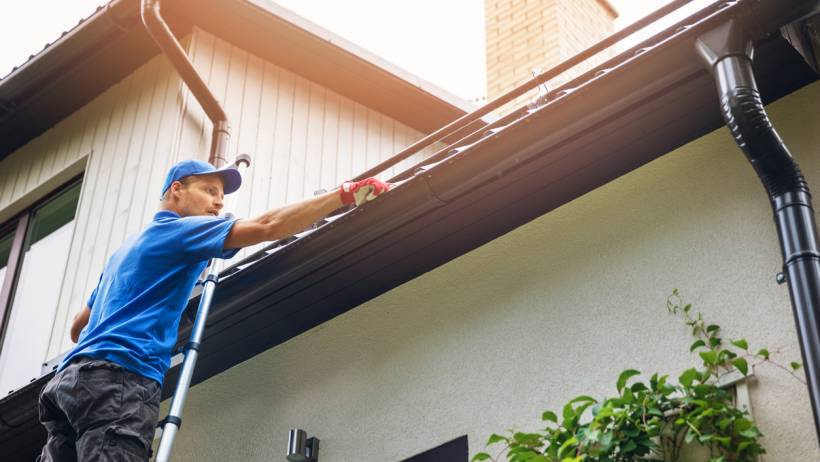 A worker checking the roof for any damage (Source: iStock)
A worker checking the roof for any damage (Source: iStock)
Before you sign on the dotted line, you must know you’re hiring the right professional for the job. Here are some key things to consider when choosing roofing contractors.
Verify credentials and reputation
Make sure the contractor has the correct licenses, certifications, and approvals to perform roofing work. Check if they’re members of professional organizations like All American Roofing for quality assurance.
Different states offer different licenses, so check if your contractor carries one as recommended by their state. For certain roofing materials, like slate or clay tiles, contractors may need specific certifications or training from the manufacturer to guarantee proper roof installation.
Don’t hesitate to ask for references from previous clients or check online reviews and ratings. A solid reputation in the roofing industry speaks volumes about the quality of work you can expect.
Make sure you have written contracts and itineraries
Have a detailed contract outlining the project’s scope, including start and finish dates, roofing materials to be used, and safety procedures. The payment structure should be clear and agreed upon before work begins. Avoid large upfront payments without understanding what they’re covering.
It’s wise to request quotes from multiple contractors, but be cautious of offers that seem too good to be true. Extremely low bids may compromise on quality. Make sure that the cost includes waste removal, cleaning, and all phases of the project.
Ensure compliance with building regulations
Confirm that the contractor complies with local building regulations. But remember that as the homeowner, you’re also responsible for ensuring any required planning permissions are obtained. This is especially the case for significant refurbishments or changes.
Find skilled roofers to upgrade your roof on Airtasker
We get it—deciding to replace your roof is a big deal. Fortunately, whether you’re looking for a complete roof installation, need some roof repairs, or just want a thorough roof cleaning, Airtasker connects you with skilled professionals who can help.
Why spend time searching for new roof cost estimators or contractors when you can just have qualified roofers come to you in a few clicks? Post a task today and meet experienced Taskers who can handle your roofing needs. They’ll provide quotes, answer your questions, and make the entire process hassle-free.
Learn more about our contributors

Written by Angela A.
Staff Writer
Angela Apolonio is an experienced writer with a Biology background. She writes about home tips, car upkeep, gardening hacks, and food facts, bringing a unique blend of science and practicality to her work. As a wife and a mother, she knows the value of iron-clad routines, so she's passionate about sharing what works for her with everyone else. She loves making everyday life simpler and helping readers find fresh ideas to bring more joy into their spaces.
FAQs on new roofing
A new roof in Florida typically costs between $11,500 and $18,000.
You can DIY small defects like leaks, but an entire roof replacement needs skilled and trained personnel to do the job right. It’s best to hire an expert to help you with your roofing needs.
A new roof in Washington state typically costs between $14,100 and $26,500.
In Texas, new roof costs range from $6,200 to $20,400.
A new roof in Illinois usually costs between $8,300 and $36,500.
In Colorado, expect to pay between $9,100 and $12,500 for a new roof.
If you're looking for reliable roofing services, Airtasker connects you with professionals in your area. Whether you're in Adelaide, Perth, or Newcastle, you can find skilled roofers ready to help. Explore the following city-specific services:
Visit these links to find the best roofing experts near you.
Find roof installation experts, fast
Post a task
Related price guides
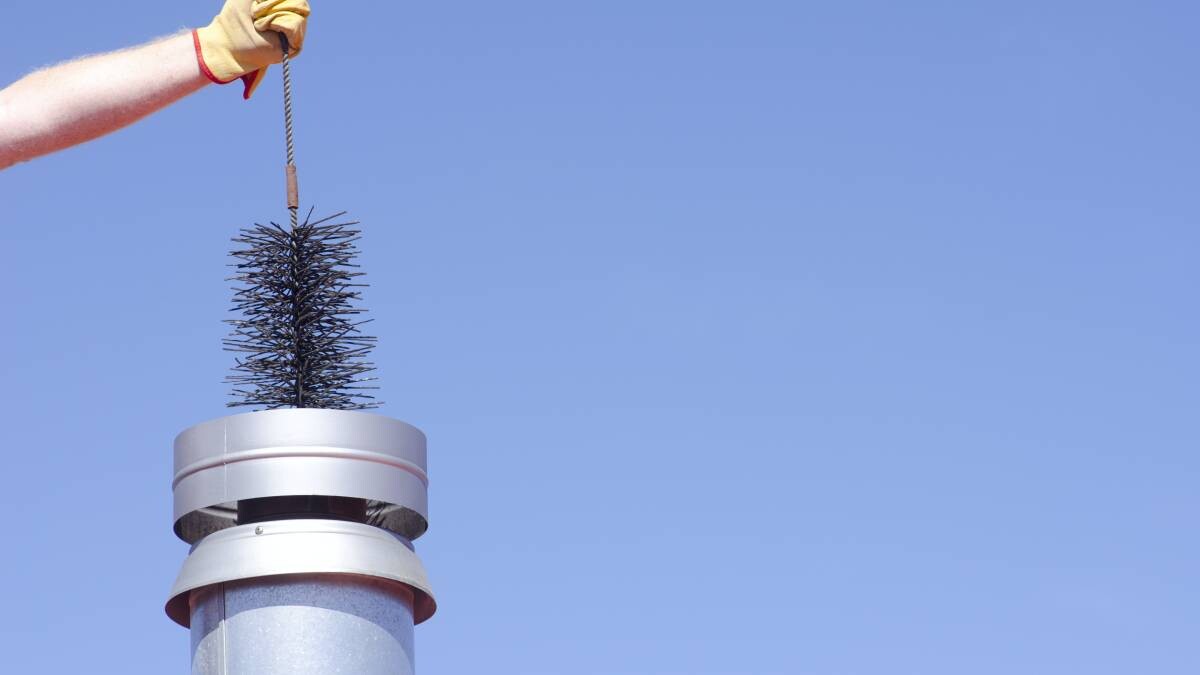
How much does a chimney sweep cost?
Read more
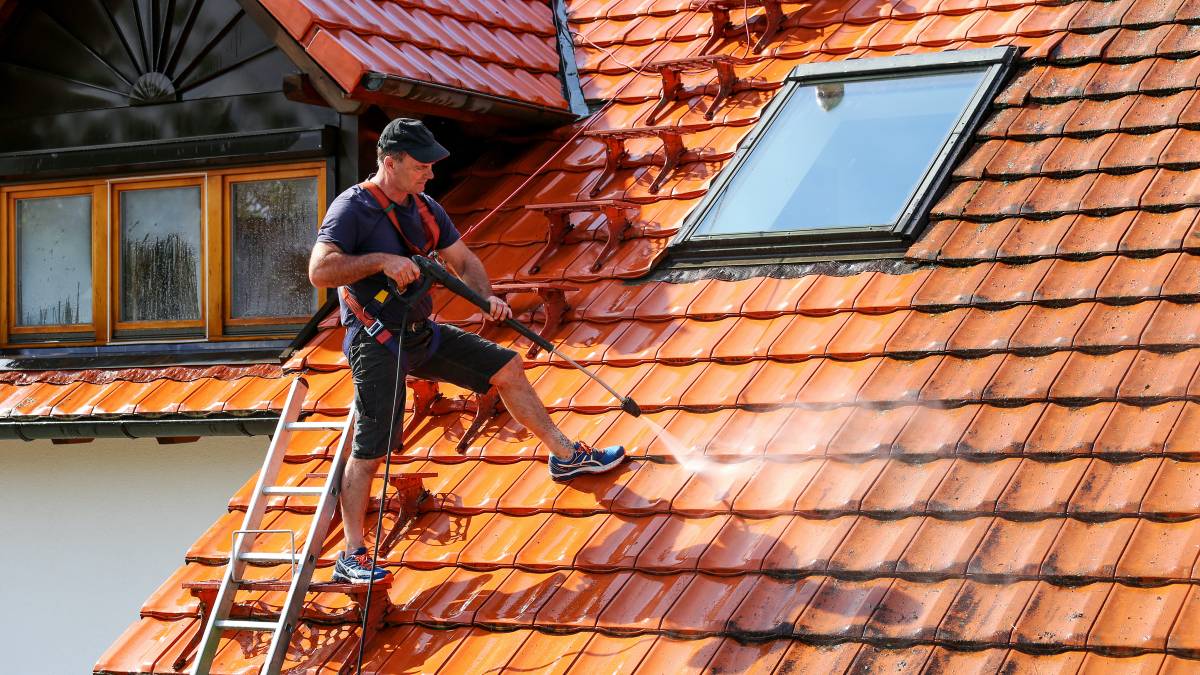
How much does roof cleaning cost?
Read more
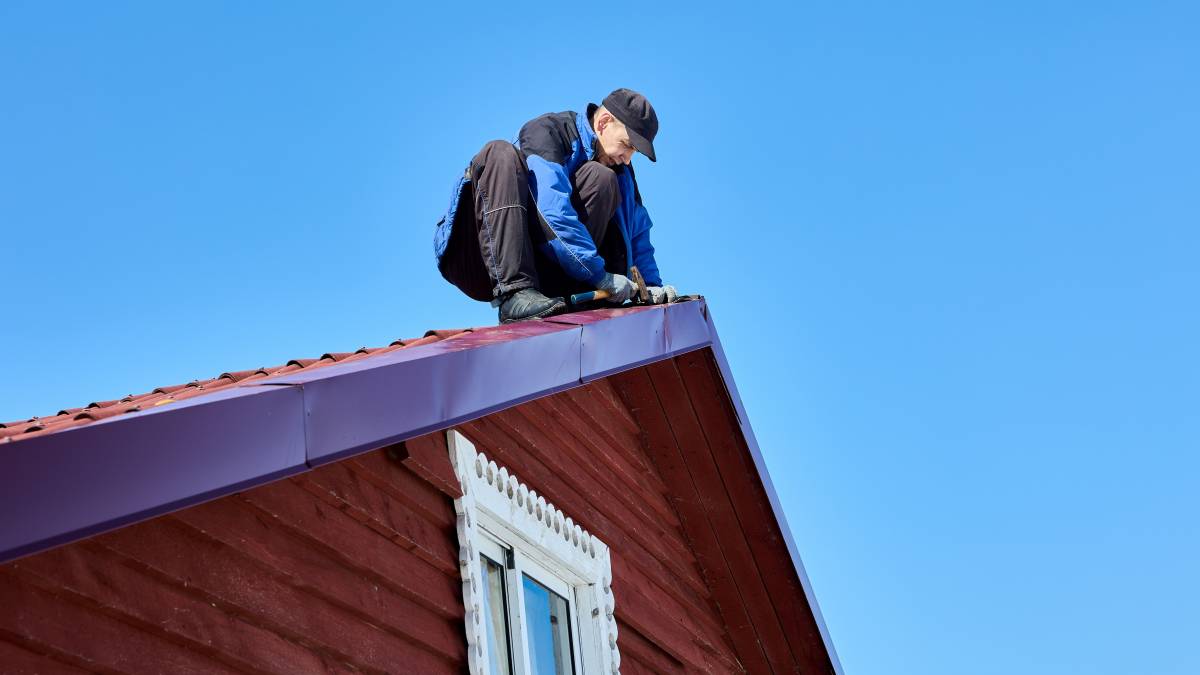
How much does roof repair cost?
Read more
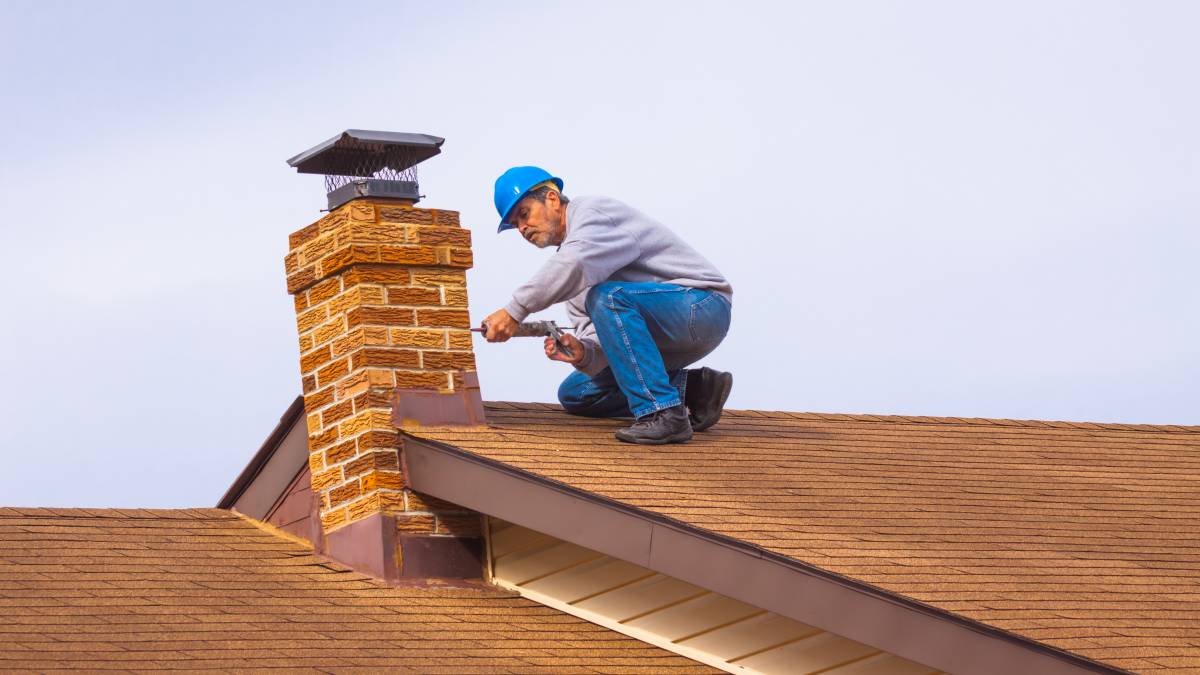
How much does a chimney repair cost?
Read more
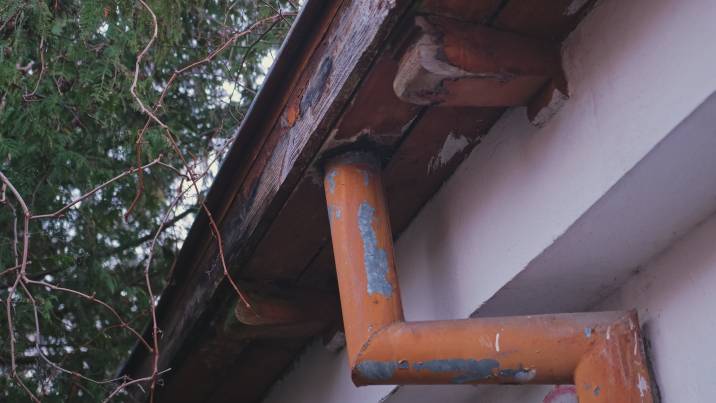
How much does a gutter repair cost?
Read more
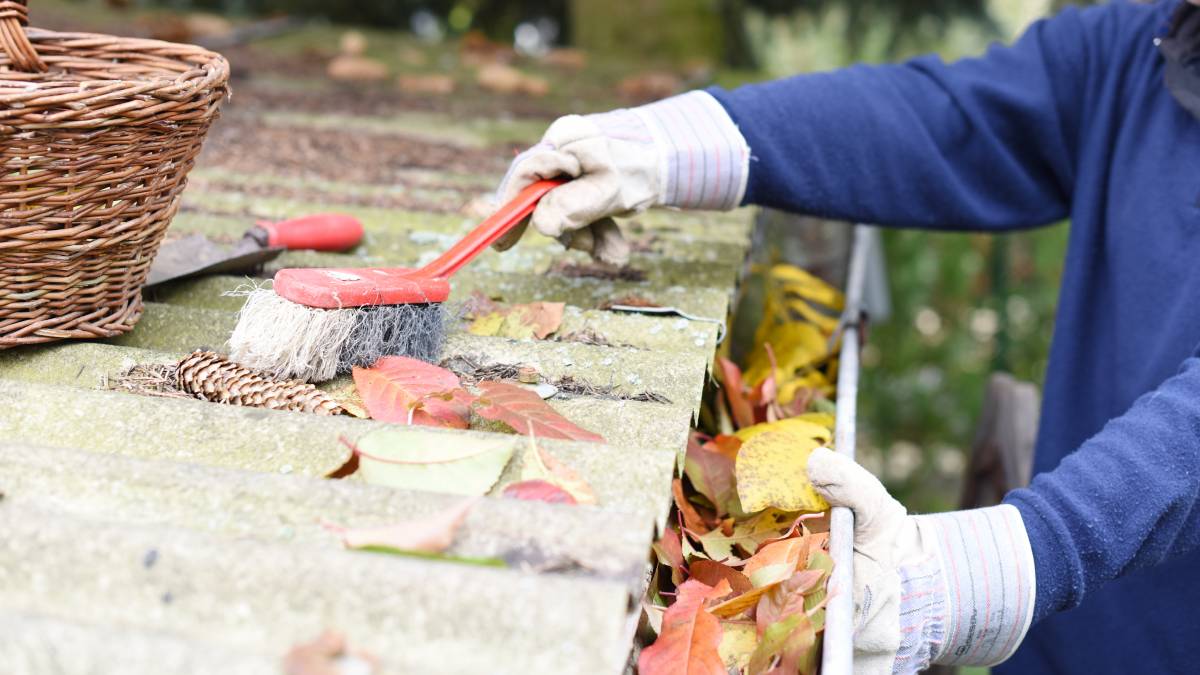
How much does gutter cleaning cost?
Read more
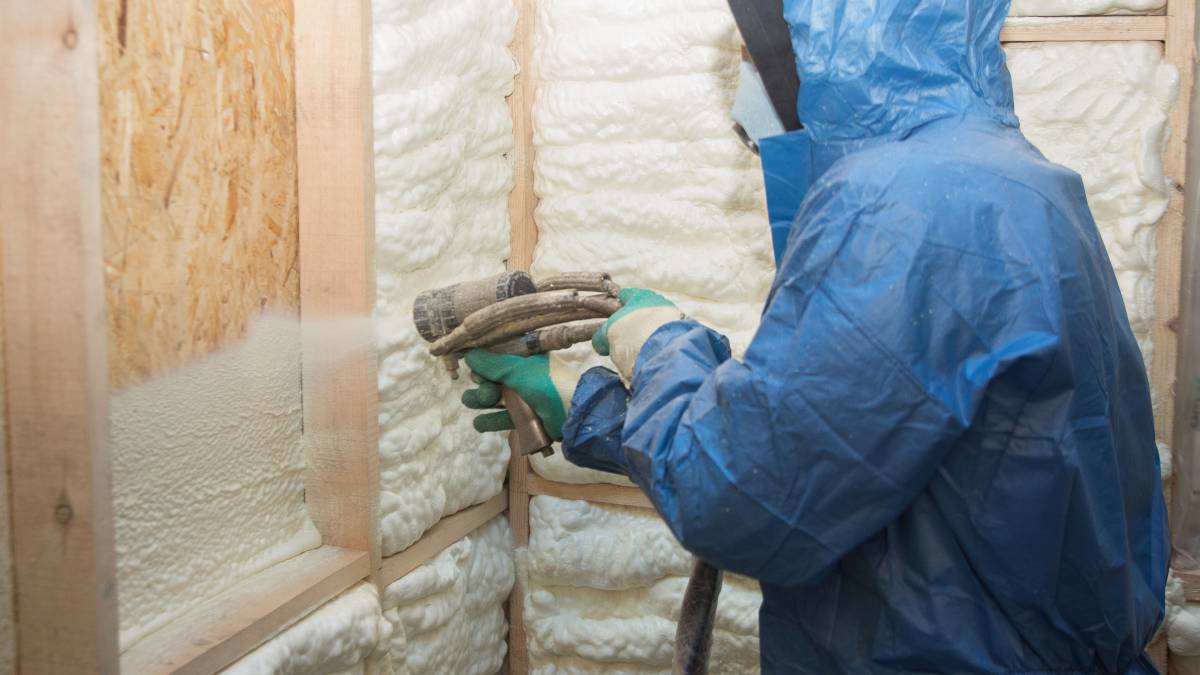
How much does insulation cost?
Read more
Related articles
